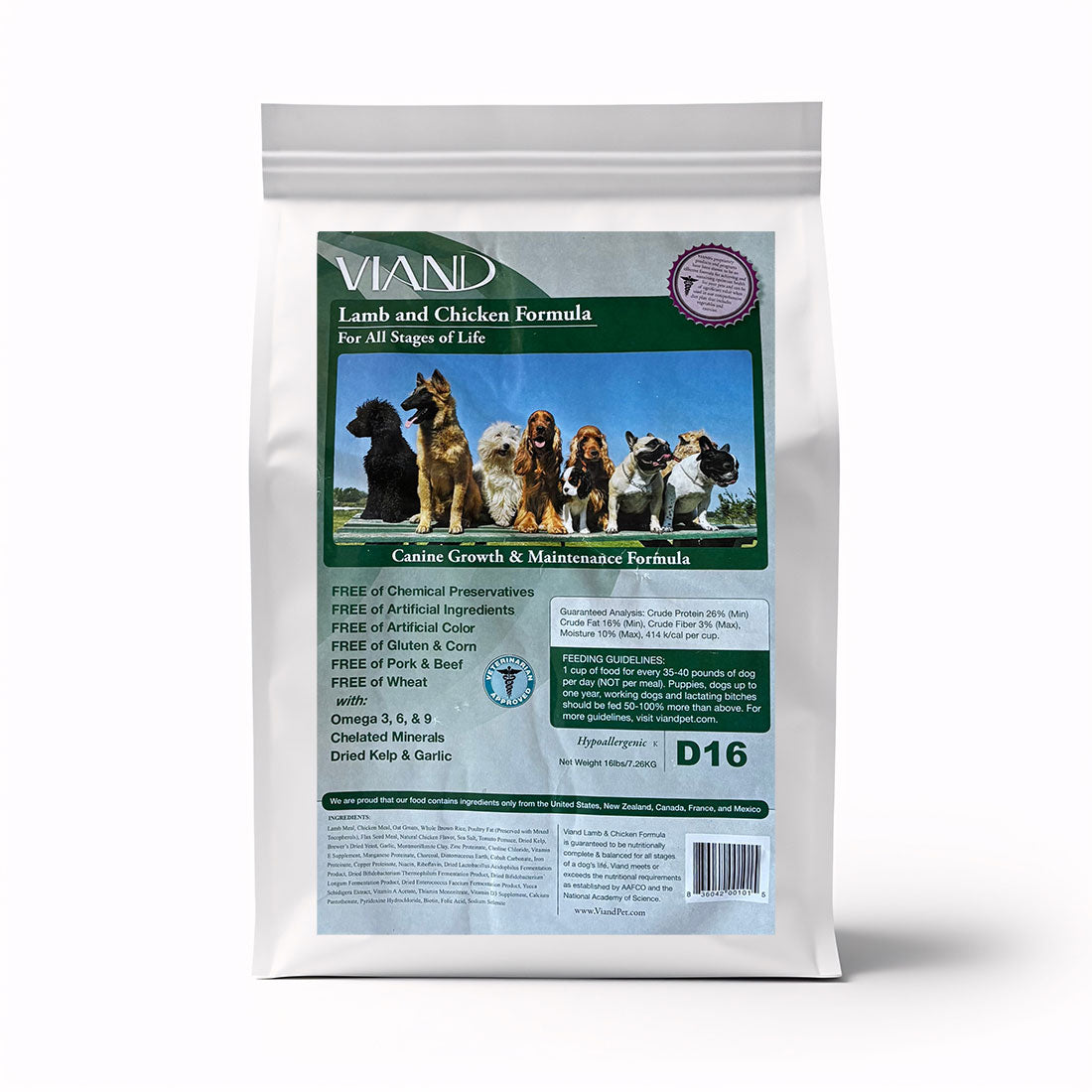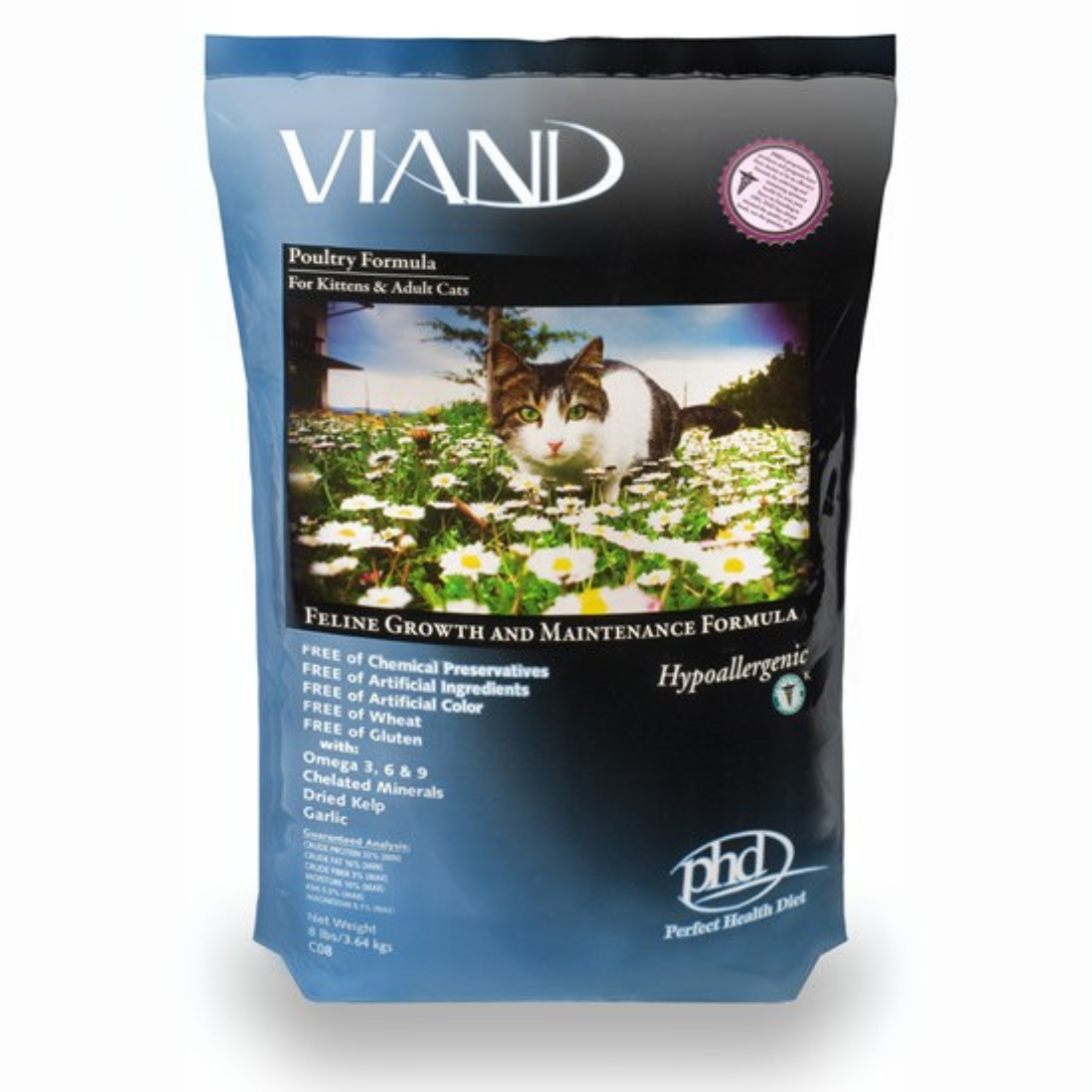· By Scott Pollak
Vaccination Ruminations
By Glen Dupree DVM, Big Run Healing Arts – Big Run, PA
I do not personally vaccinate my pets, nor have I for many years. There are several reasons for this. From my perspective as a Homeopath, vaccines are among the leading contributors to the sycosis miasm. Some of the signs of
Another important influence on my decision to stop vaccinating were the references concerning the long-term side effects of vaccinations coupled with the history of low efficacy of most vaccines in the elimination or reduction of the incidence of
A third realization that makes me question the validity of repeated vaccinations is the fact that the same technology and rationale used to develop human vaccines has been used in the development of animal vaccines. When was the last time you were vaccinated against a really major, life-threatening disease? In childhood? Do
I also have faith in the power of Homeopathy and correct nutrition to enhance and optimize wellness and true health. If we strive to support our pets nutritionally and to provide them with the optimal diet for health maintenance, we are not going to see the levels of either chronic, debilitating disease or acute, infectious disease that we tend to see in nutritionally compromised individuals. In the event that we are faced with a serious disease process, it is my belief that careful and correct Homeopathic prescribing will not only offer the patient the best opportunity for overcoming the disease, but also for becoming healthier and better able to resist disease in the future.
Okay, some of you may see this as a radical approach.
There are other options available between the extremes of no vaccines and relative over-vaccination.
On my scale, the next step below the no-vaccine protocol is basing the decision to re-vaccinate on the results of titer levels.
For the caregiver’s peace of mind, a blood sample can be submitted to the appropriate laboratory for measurement of specific antibodies (usually distemper and parvovirus in dogs,
Next, on my scale, is the use of Homeopathic
The drawback to
This brings us to the limited use of conventional vaccines.
Current conventional medical references are beginning to advocate the use of a two-shot series
These modified vaccine schedules provide good options for breeders who are not comfortable with the heavy vaccination schedules currently used, but are not sure what environment their puppies will ultimately live in. They are also an option for folks who are not yet comfortable with the idea of no vaccinations at all.
Last, in my comfort zone, are the current multiple injection, polyvalent vaccine schedules.
If you do not feel comfortable reducing the use of vaccines, and if you feel it necessary to vaccinate for everything yearly, I would highly recommend finding a veterinary Homeopath who can help you and your pet past the imbalances that routinely arise from vaccine schedules of this type.
The use or avoidance of vaccines is an issue that is coming under close scrutiny from both the conventional and the alternative medical fields. There is no clear consensus on the best approach. It is to the benefit of our pet population, as a whole, that each caregiver spend time researching the options and arriving at the best answer

